Trusts and Future Interests Highly Tested Topics and Tips
Trusts and Future Interests Highly Tested Topics and Tips
Here, we give you an overview of Trusts and Future Interests on the MEE. We will reveal some of the highly tested topics and give you tips for approaching Trusts and Future Interests MEE questions.
Trusts and Future Interests on the Multistate Essay Exam
1. First, be aware of how Trusts and Future Interests are tested on the Multistate Essay Exam
Trusts and Future Interests is tested frequently on the MEE, ranging from twice a year to every two years. Trusts and Future Interests is usually tested on its own and not combined with another subject. However, Trusts and Future Interests has recently been combined with Decedents’ Estates, in July 2017, July 2020, and July 2022.
2. Be aware of the highly tested Trusts and Future Interests issues
The examiners tend to test several of the same issues in Trusts and Future Interests MEE questions. You can maximize your score by being aware of these highly tested issues. (We have a summary of these in our MEE One-Sheets if you want to see all of them and have them all in one place.)
Some of the highly tested Trusts and Future Interests MEE issues include:
Validity of a trust
A trust is valid if it has a trustee, a beneficiary, and trust property. Additionally, the person making the trust (called the settlor) must have the present intent to create a trust. (Note: most commercial courses give a long definition to memorize, but MEE points sheets keep it simple and tend to list those three requirements!)
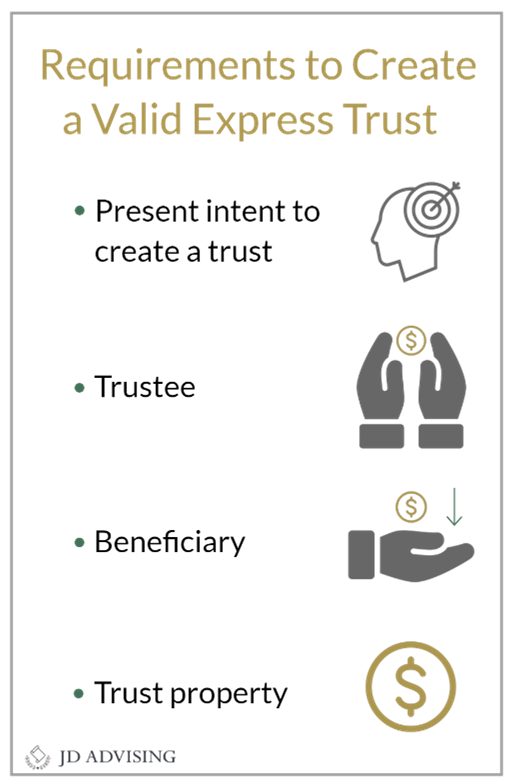
Duties of the trustee
A trustee has several duties when administering the trust.
- Duty of care: Requires the trustee to invest and manage the trust’s assets as prudent investor would.
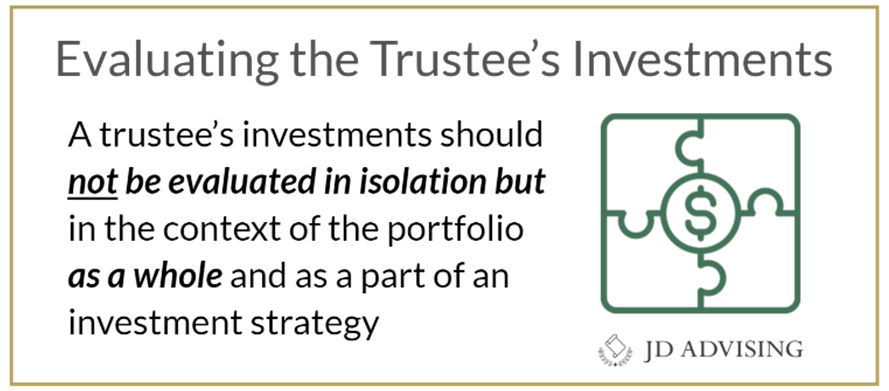
- Duty of loyalty: Requires the trustee to administer the trust solely in the interest of the beneficiaries. This means that the trustee may not engage in self-dealing regarding the trust assets. Courts follow the “no further inquiry rule” regarding trustee self-dealing, which says that the court will not inquire about the trustee’s motivation or the fairness of the action and will only seek to determine the measure of damages.
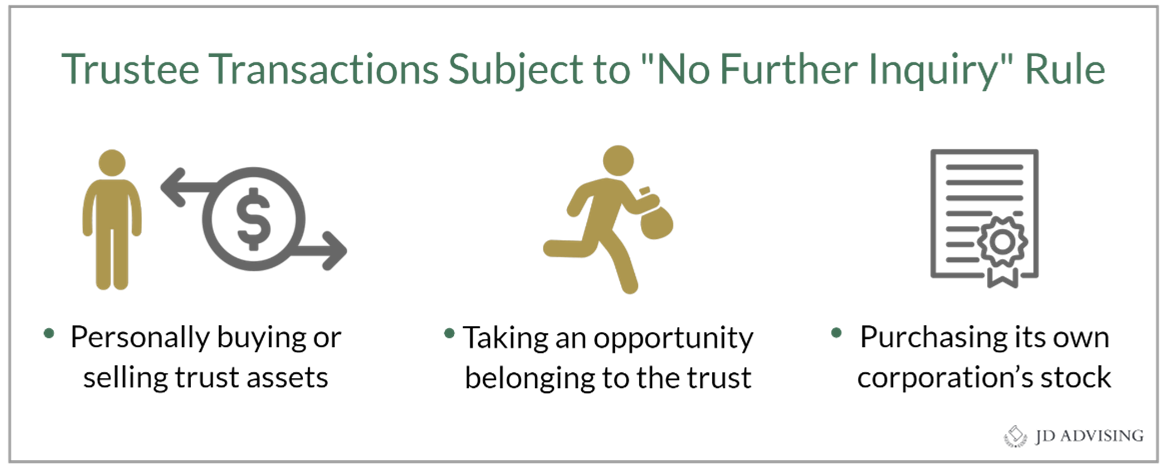
- Duty to allocate property to principal and income: Dictates whether receipts earned during the administration of the trust should be allocated to the income or the principal. Most states have adopted the Uniform Principal and Income Act, which specifies how receipts should be allocated. The general rule is that ordinary expenses should be allocated to income and extraordinary expenses should be allocated to the principal.
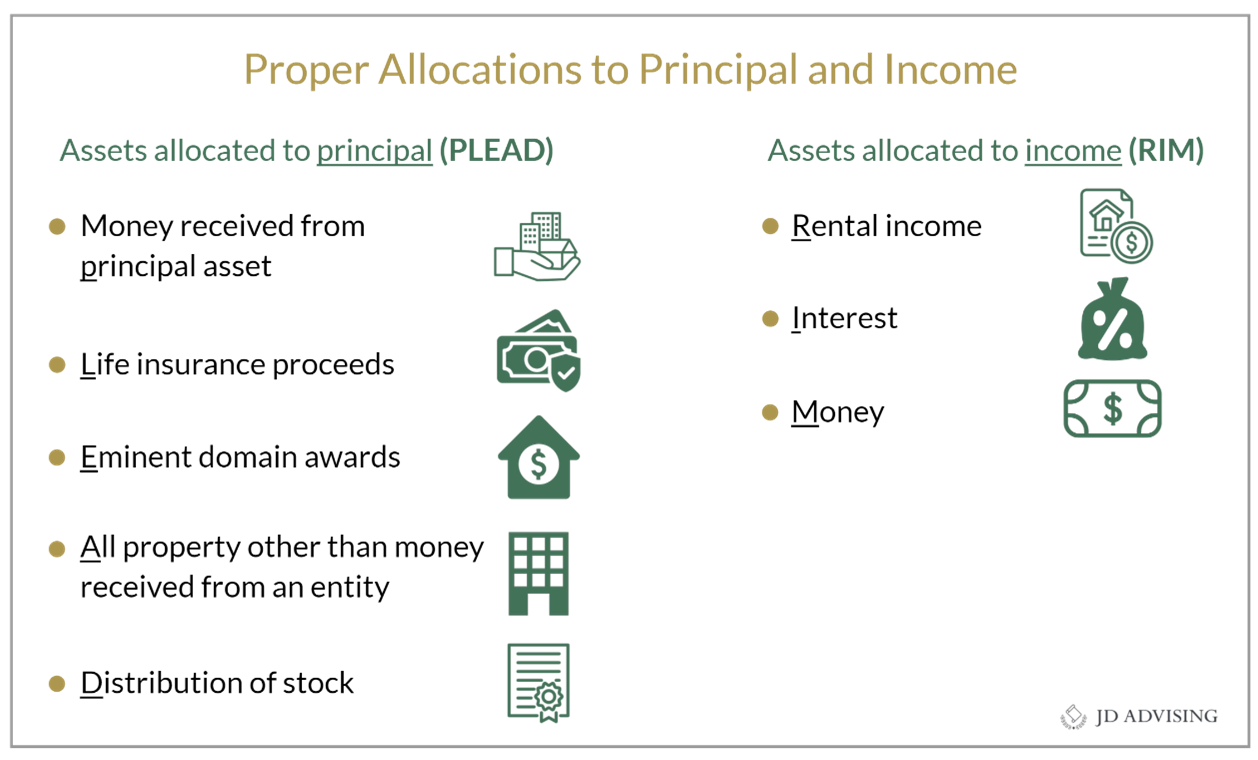
Revocability
Under the Uniform Trust Code (UTC), an inter vivos trust is presumed to be revocable unless the instrument expressly states otherwise. A revocable trust is amendable even if the trust instrument does not expressly grant the settlor the power to amend. If a trust is revocable, the settlor may terminate the trust at any time. If the trust is irrevocable, the settlor may terminate the trust if all beneficiaries are in existence, and all agree. After the settlor dies, an irrevocable trust can be terminated if both the income beneficiaries and the remaindermen unanimously consent, and if there is no material purpose of the trust yet to be performed.
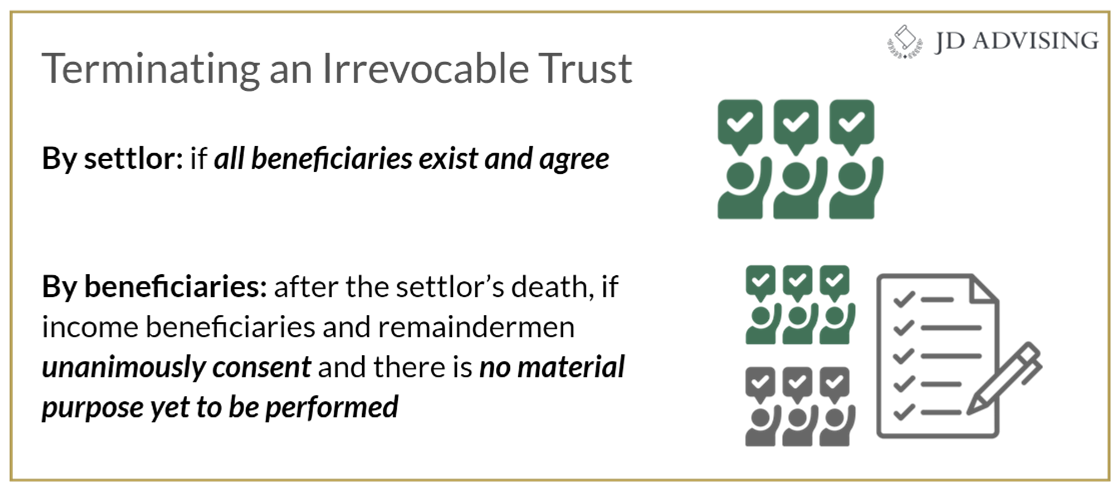
Cy pres
Cy pres is a common-law doctrine that is also part of the UTC. Under the UTC, if (1) a particular charitable purpose has become unlawful, impracticable, or impossible; (2) no alternative charity is named in the trust; and (3) the court finds that the settlor had a general, rather than a specific, charitable purpose, then the court may apply the doctrine of cy pres and direct that the trust property be distributed in a manner consistent with the settlor’s general charitable intent.
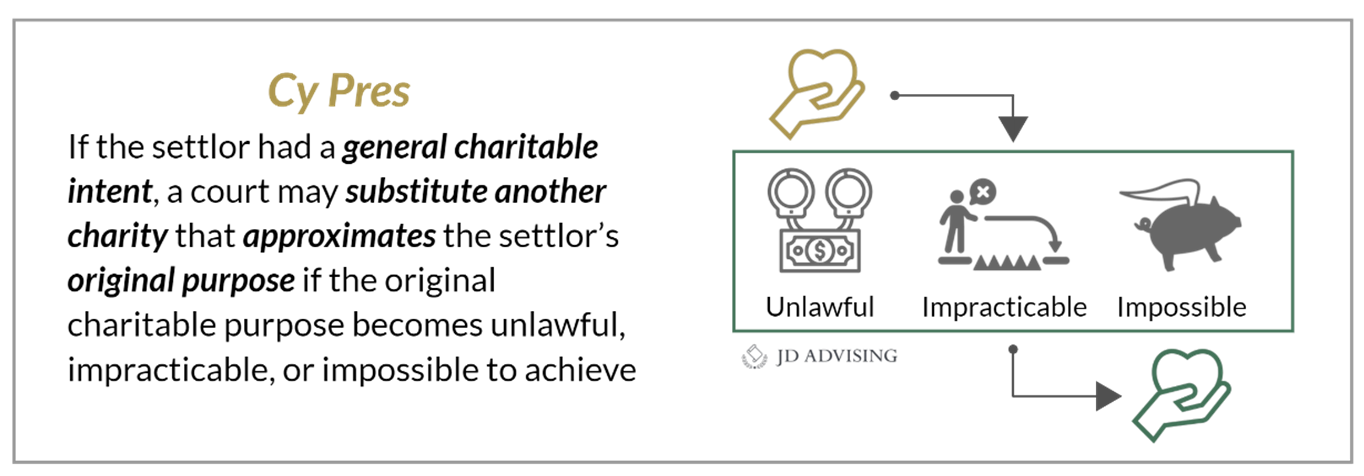
Powers of appointment
A person writing a will or trust can give their beneficiaries a power of appointment, which enables the beneficiary to designate who will receive specific trust or estate property. There are two types of powers of appointments. A general power of appointment provides for an unlimited class of people in favor of whom the beneficiary can exercise a power of appointment. A special (or limited) power of appointment provides for a limited class of people in favor of whom the beneficiary can exercise a power of appointment. Appointments to impermissible appointees are invalid.
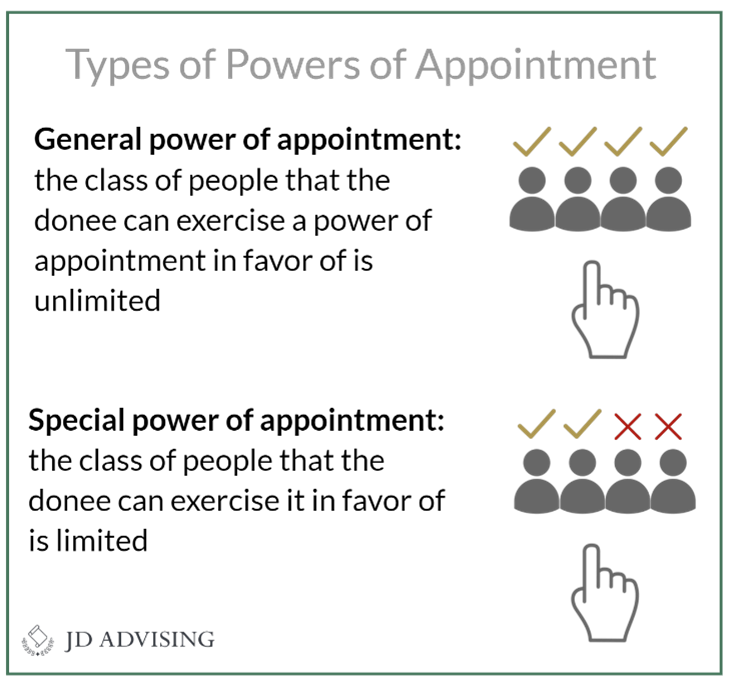
Types of trusts
Different types of trusts have been tested on the MEE:
- Pourover will: One type of trust is one that is created when a will makes a gift to a trust. These types of will provisions are valid so long as the trust is identified in the will and the terms are incorporated in a writing executed before or concurrently with the execution of the will.
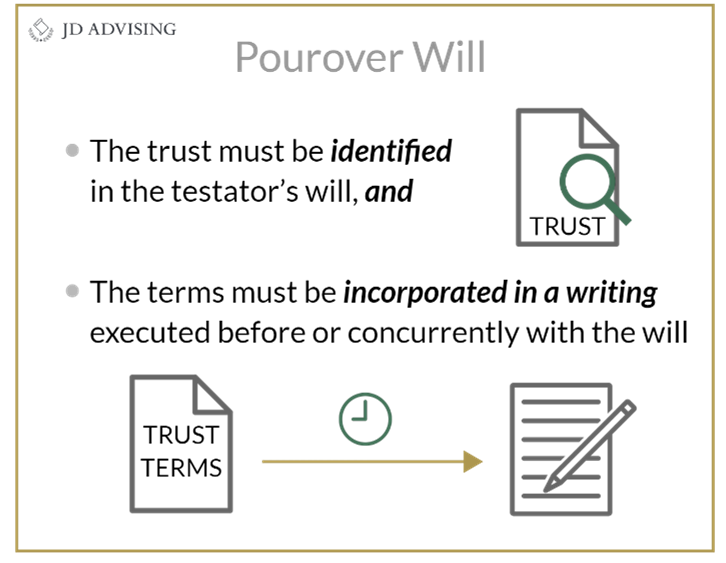
- Discretionary trust: In this type of trust, the trustee has discretion to decide when to make a distribution to a beneficiary. The beneficiary cannot demand any disbursements. Neither can a creditor, except for child support or alimony in some states.
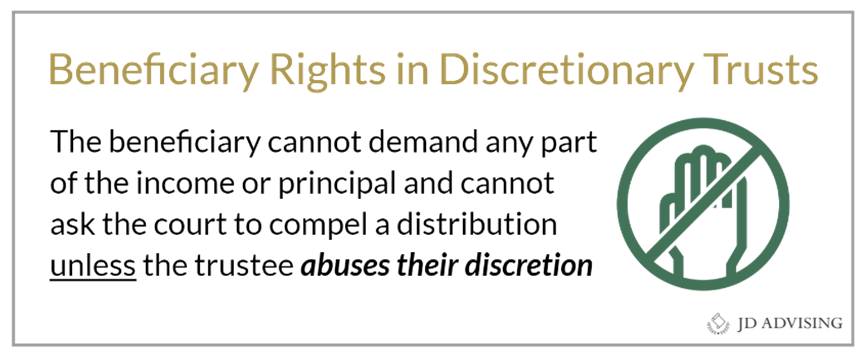
- Support trust: In this type of trust, the trustee must pay what is necessary for the beneficiary’s support. The meaning of “support” is fact dependent.
- Spendthrift trust: This type of trust restrains both the voluntary and involuntary transfer of a beneficiary’s interest. The only creditors that can reach a beneficiary’s distribution before it reaches the beneficiary are child or spousal support creditors, a judgment creditor who has provided services for the protection of a beneficiary’s interest in the trust, the state or the United States, or a creditor with a claim for necessaries (only some states recognize this exception).
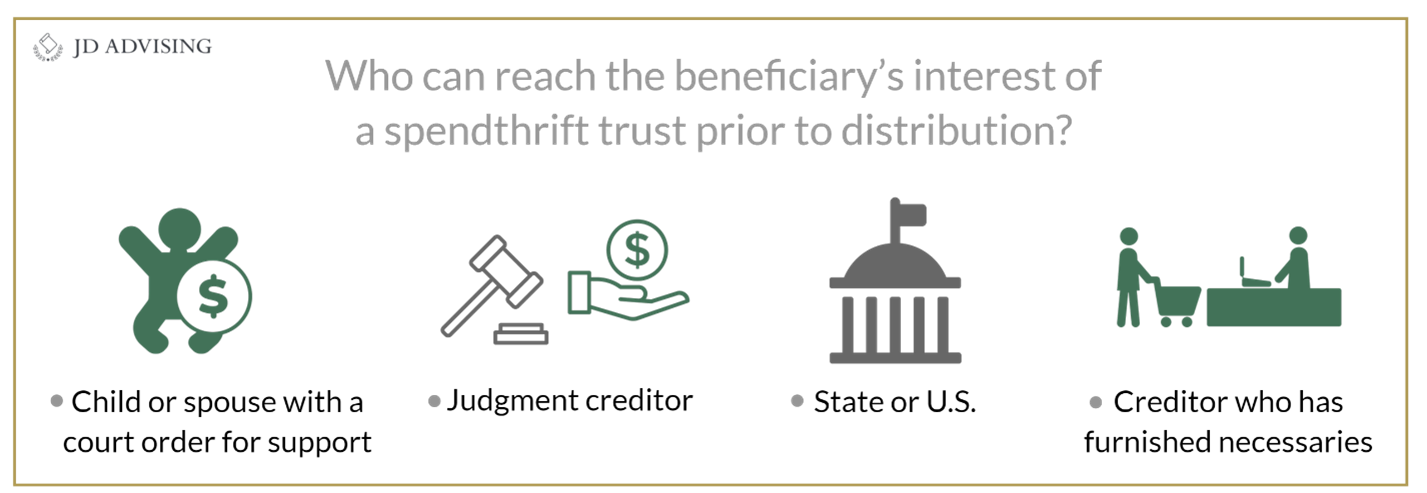
- Charitable trust: The final type of trust frequently tested on the MEE is a charitable trust, or a trust created for a charitable purpose. The beneficiaries must be a large number of individuals who are not readily identifiable. This type of trust may be terminated if the charitable purpose becomes unlawful, impracticable, or impossible. However, the doctrine of cy pres may save the trust (see above).
3. Make sure you understand the vocabulary
You should be able to use and define basic Trusts and Future Interests vocabulary in the answer to an MEE question. A MEE answer that does not use the appropriate vocabulary will appear incomplete. Further, it is much easier to score higher if you understand exactly what the Trusts and Future Interests vocabulary terms mean. Here, we list a few terms you should be familiar with:
- Settlor (creates the trust)
- Beneficiary (benefits from the trust)
- Trustee (manages the trust)
- Testamentary trust (a trust created by a will)
4. Practice!
Practice is critical if you want to master Trusts and Future Interests on the MEE.
Here, we provide you with some links to free Trusts and Future Interests MEE questions and NCBE point sheets. (If you would like to purchase a book of Wills and Trusts MEE questions and NCBE point sheets, check out our MEE books here. You can also see some additional exams on the NCBE website for free here.)
- July 2022 Trusts and Future Interests MEE: (combined with Decedents’ Estates) this MEE covers creation of a trust: trust res; termination of trust; creation of an oral trust; what constitutes a valid charitable purpose; rule against perpetuities; and laws of intestacy—per stirpes.
- July 2015 Trusts and Future Interests MEE: this MEE covers trust provisions, the prudent investor rule, and a trustee’s duty of loyalty.
- February 2014 Trusts and Future Interests MEE: this MEE covers a future interests issue and the Uniform Principal and Income Act.
- February 2013 Trusts and Future Interests MEE: this MEE covers a future interests issue and the amendment of a trust.
- July 2009 Trusts and Future Interests MEE: this MEE covers cy pres, the Uniform Principal and Income Act, and a trustee’s duty of loyalty.
Go to the next topic, Download the Guide.
Seeking MEE Expertise?
🌟 Freebies & Discounts
- Free Bar Exam Resource Center: Explore for leading guides, articles, and webinars.
- Expert-Crafted Bar Exam Guides: Unveil insights on high-frequency MEE topics and strategies for success.
- Free Webinars: Engage with top bar exam experts.
🔥 Top-Rated MEE Resources
- MEE One-Sheets: Boost your confidence with our most popular bar exam product!
- Bar Exam Outlines: Our comprehensive and condensed bar exam outlines present key information in an organized, easy-to-digest layout.
- NEW MEE Mastery Class: Unearth focused, engaging reviews of essential MEE topics.
- Bar Exam Crash Course and Mini Outlines: Opt for a swift, comprehensive refresher.
- MEE Private Tutoring and feedback: Elevate your approach with tailored success strategies.
- MEE Course: Preview our acclaimed five-star program for unmatched instruction, outlines, and questions.
🔥 NEW! Dive deep into our Repeat Taker Bar Exam Course and discover our unrivaled Platinum Guarantee Pass Program.

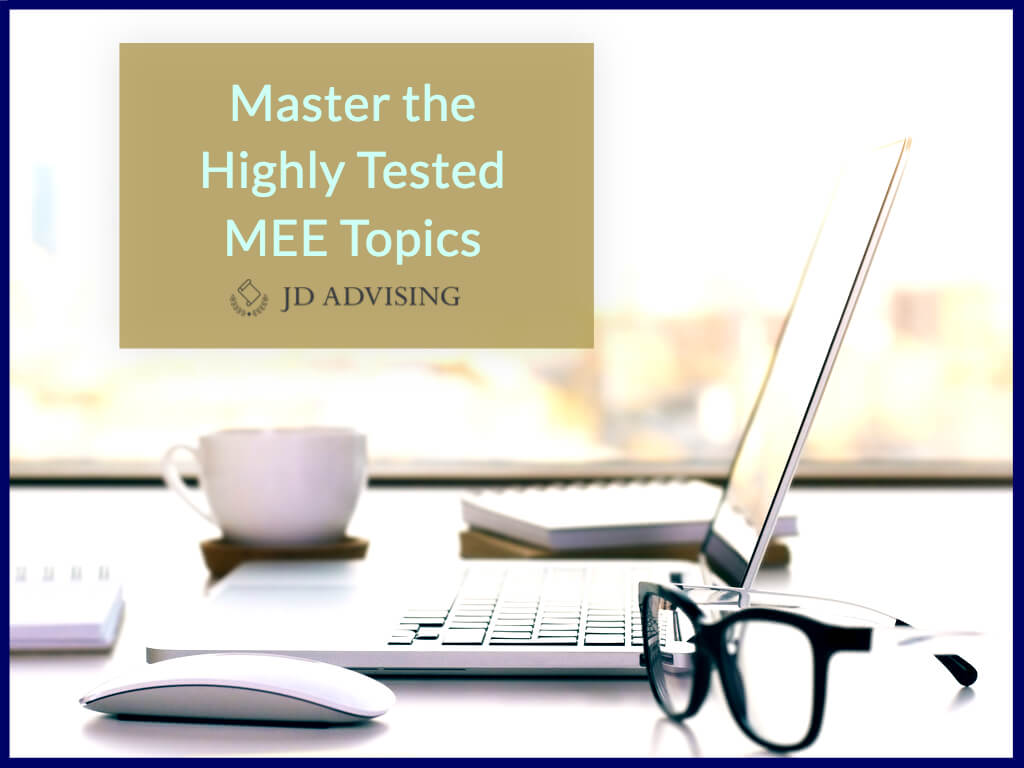



Leave a Reply
Want to join the discussion?Feel free to contribute!